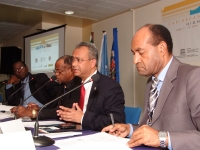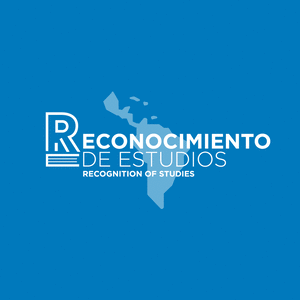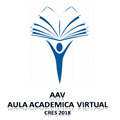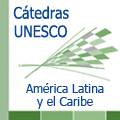Western Hemisphere to support revitalization of Haiti's education system
 Versión Español
Versión Español
PARAMARIBO, April 13, 2010 – Latin American and Caribbean countries, and in particular, their higher education institutions, should work with Haitian academic institutions and the Government to revitalize the devastated nation's educational system, participants said Tuesday during the two-day Caribbean Conference on Higher Education (CCHE).
"This presents an altogether different type and level of challenge to Higher Education in the Caribbean in its 21st-century role of contributing to economic and social development," said participants in a declaration issued at the conclusion of the conference.
"We, the participants, are committed to a medium and long-term strategy to assist Haiti in its recovery and reconstruction."
Participants therefore called upon the inter-governmental organizations to facilitate coordination between the Caribbean institutions and Haitian tertiary and Higher Education institutions and the Haitian Government.
As a result of the earthquake on January 12, 2010, a number of Haiti's Higher Education Institutes were damaged or completely destroyed. A large segment of Haiti's skilled professionals and students were killed and a number of others have left the country.
During the conference Albert Ramdin, assistant-secretary general of the Organization of American States (OAS) called for close cooperation and concerted actions to assist Haiti. In an invited comment he argued, higher education of critical importance to developing societies. In the perspective of the OAS, education is a key element of building capacity in society to uplift people who are in poor conditions and provide them with opportunities to develop their country and provide an income for themselves.
During the January earthquake 28 of Haiti's 32 universities were destroyed or severely damaged, since they were not built according to adequate building codes. "We need to improve on that", said Ramdin.
The devastation in Haiti is of such a wide nature that short term and immediate responses will be required to meet the needs of university professors, students and rebuilding universities. The principle short-term focus of the region should be on rebuilding the universities, while short-term courses can be given in collaboration and in partnership with other countries.
The regional conference recognized that the development of a quality Haitian higher education and research area will be stimulated through institutional, national, regional and international collaboration. There is, therefore, the need for a strategic orientation towards the establishment and strengthening of such collaboration.
For the medium and long term, ambassador Ramdin said, Haiti needs a structural and sustainable plan for the future, which should diversify and also decentralize education opportunities. He suggests that universities should be established in other parts of the country, such as Gonaives and Cap Haitien, so that the local Haitian youth can benefit from higher education. Access to education in Haiti is one of the critical things that should be addressed, but also the quality of the education.
Furthermore there is a need to establish education policies with clear standards in terms of the educators and the content of the education, while renumeration for educators should increase significantly.
"Currently it is at a level that will not be able to attract the best available in the market", Ramdin noted.
Due to low salaries and poor quality of public education, private schools in Haiti are becoming more relevant then public schools. To provide educators with the required skills and tools it is important to build partnerships with the private sector, within the Caribbean community and with other universities.
"Coordination of efforts is going to be critically important because there is a lot of support for Haiti, especially in the education area, because it is seen as critical to the development", Ramdin noted. However at the same time it is important to coordinate as best as possible, "who is doing what, where and with whom".
Meanwhile the OAS has requested universities in the Americas to provide scholarships to Haitian students. The response is "overwhelmingly positive" and the OAS is in discussion with the Haitian authorities in which areas and disciplines they need these students to study. Once these deliberations are finalized, the OAS will link the students with selected universities throughout the region. Currently the OAS is also aiming at establishing a fund to provide vocational and specific training for Haitians on middle-management level and at the level of universities to build and strengthen the capacity of the Haitian institutions to respond more effectively to the reconstruction of the country.
Once the Declaration of Paramaribo is signed and approved by all the participants, it will be available in the UNESCO-IESALC's web page.
For futher information, please contact Esta dirección de correo electrónico está protegida contra spambots. Usted necesita tener Javascript activado para poder verla.

CCHE coverage Day 2: English
CCHE coverage Day 1: English - Spanish - Portugues
Press Release of Opening Ceremony, April 11, 2010 : English - Spanish - Portugues
Press Release CCHE: English - Spanish - Portugues
Caribbean Conference on Higher Education: Photo Gallery
Programme: English (English in PDF Version), Español









